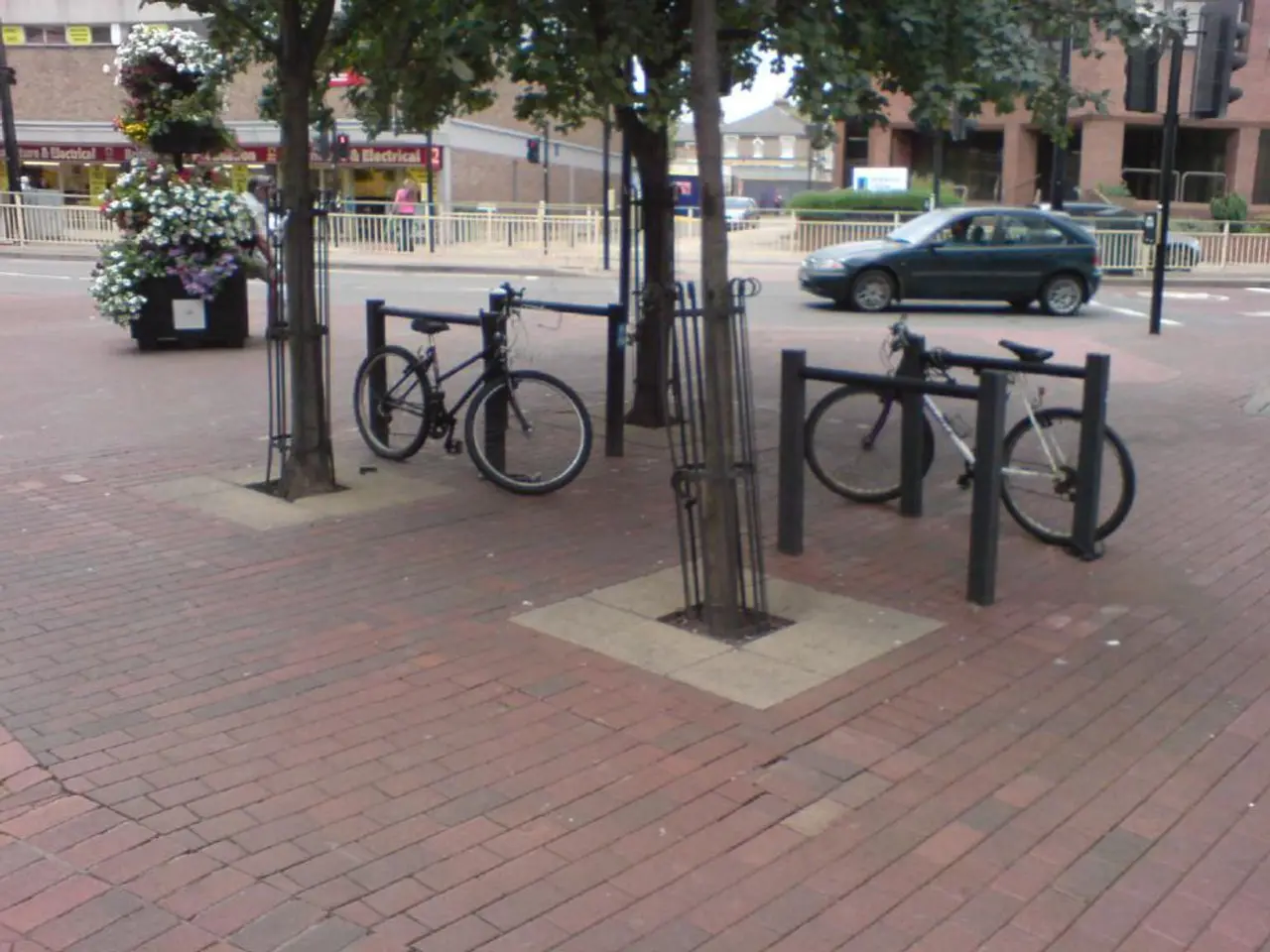Homeless individuals warned of potential incarceration by the White House
In a move that has sparked controversy, former President Donald Trump has proposed a plan to address homelessness in Washington, D.C. The plan, which is currently being implemented, involves ordering homeless individuals to leave the city immediately, deploying 800 National Guard troops, and hundreds of federal agents to enforce this directive under emergency powers granted by the Home Rule Act.
This approach is highly controversial. Local officials, such as Mayor Muriel Bowser, dispute Trump's claims, noting that violent crime is at a 30-year low apart from homicide concerns, and argue the federal intervention is politically motivated against a majority-Black, Democratic-led city.
Homelessness advocates strongly oppose Trump's plan as well, warning that forcibly clearing homeless encampments without increasing affordable housing or supportive services will exacerbate the crisis, not solve it. Critics also condemn a related executive order signed by Trump in July 2025, which directs states to treat homelessness and mental illness as crimes and emphasize institutionalization and policing rather than housing solutions.
The White House justifies these measures as restoring public order by shifting homeless individuals with mental illness or addiction into long-term institutional care through civil commitment procedures. However, opponents argue these steps criminalize poverty and mental health issues rather than address root causes like affordable housing shortages and economic inequality.
According to a local NGO, at least 800 people in Washington are homeless every day. The threat comes as the Trump administration wants to remove as many homeless people as possible from the city, viewing them as a major eyesore. However, it is not specified where the proposed shelters will be located or how the expulsion of homeless people from the capital would be executed.
Up to 800 National Guard troops will support the deployment forces in maintaining security. The police in D.C., along with federal forces, will clear out "mentally disturbed individuals" and homeless encampments. The homeless could receive treatment for mental health issues or drug addiction in the shelters, according to the Trump spokesperson.
This year, the number of homeless people in Washington has decreased, according to the current census. The decrease in homelessness in Washington this year is nine percent lower than last year. However, critics argue that the decrease is due to a lack of accurate data and the forced displacement of homeless individuals rather than effective solutions.
In summary, Trump's plan in Washington, D.C., is an aggressive federal takeover targeting homeless encampments with law enforcement and National Guard deployment. It has sparked a federal-local conflict and drawn widespread criticism from city officials and homelessness advocates who warn that criminalizing homelessness without addressing housing and social services will deepen the problem rather than resolve it.
Read also:
- Court petitions to reverse established decision on same-sex marriage legalization
- Commemoration of 200 Days of American Resurgence Unveiled
- Minister Bärbel Bas expresses doubts about her tenure as a minister following a recent interview during the summer.
- A Tale of Two RussiansGate Notable Figures: Focus on Mike Davis







